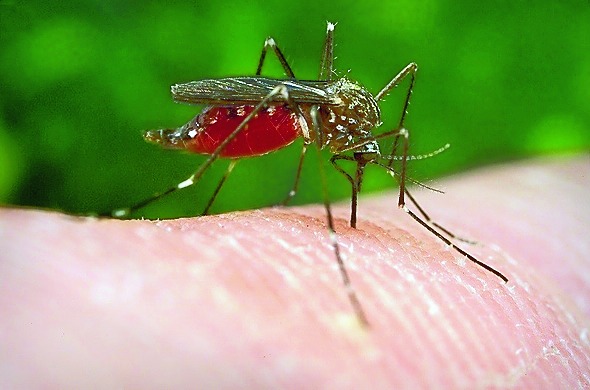
Guwahati: Assam health department statistics show impressive adult vaccination rates for Japanese encephalitis in endemic-prone districts, yet the state continues to reel under the epidemic with more than 300 cases reported so far this year.
Experts recommend administration of Japanese encephalitis vaccine on door-to-door basis and on leftover cases.
Assam reported its first Japanese encephalitis outbreak in 1978 in Lakhimpur district. A decade later, a pilot project study on JE vaccination was carried out.
The health department started the adult vaccination programme in Sivasagar district in 2011 and extended it to the endemic districts of Lakhimpur, Dibrugarh, Sivasagar, Tinsukia, Jorhat, Dhemaji and Golaghat by 2013-14. At present, it covers more than 18 districts, including Kamrup rural, Kamrup (metro) in one block, Nagaon, Sonitpur, Barpeta and Udalguri, apart from the endemic districts.
The JE vaccination covers children upto two years under the routine immunisation programme in all districts.
However, the state has reported 308 JE cases this year so far with the maximum number of casualties being reported from Dibrugarh, Sivasagar, Kamrup and Sonitpur districts.
According to the state health department statistics, the achievement of JE adult vaccination campaign during 2013-14 in - all endemic districts - were 83 per cent, 93.03 per cent, 68.29 per cent, 63.9 per cent, 89.75 per cent, 78.34 per cent and 80.89 per cent respectively. Sonapur under Kamrup district recorded 71.39 per cent success.
In 2015-16, Sonitpur district recorded a 71.14 per cent success in the programme.
"The state health department is doing its bid to curb Japanese encephalitis. The vaccination campaign was able to reach some of the most affected population. But the challenge remains in reaching those who were left out in the campaign. This emanates mostly from the adult population as they move around. In children's cases, they can be concentrated in schools. For adults, a door-to-door campaign can be carried out as in polio campaign," said S.A. Khan, a senior scientist at the Regional Medical Research Centre (RMRC).
It is has been observed that in Assam, adults above 15 years are more prone to the virus. This age group is counted among the worst sufferers and reports highest deaths compared to the age criteria of 0-15 years.
Experts on vector-borne diseases called the trend in Assam "peculiar" as globally, JE tends to affect children. They put factors such as weaker immunity development among adults, late initiation of adult vaccination programmes, dropout rates and no prior surveillance system, among others, as the probable reasons for the trend.
"Globally Japanese encephalitis is mostly concentrated among children but Assam's adult infection is peculiar. The cause or the causes haven't been ascertained as of yet. We suspect that low immunity against JE infection could be a reason but we are not sure," an expert on vector-borne diseases said.
From 1996 to 2007, over 863 people lost their lives to Japanese encephalitis and acute encephalitis syndrome (AES) in Assam.
In 2013 and 2014, 240 JE cases with 45 casualties were reported from nine districts after adult vaccination for JE was introduced in those districts.
Research experts on Japanese encephalitis epidemiology cite rainfall as an important catalyst as it acts as a conduit for an increasing trend in mosquito-breeding. The lifespan of adult mosquitoes increases with relative humidity in the atmosphere.











